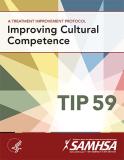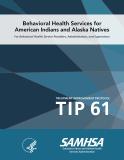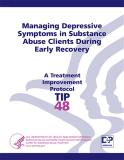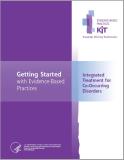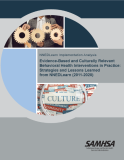
This report provides findings from a qualitative analysis of evidence-based and culturally relevant behavioral health practices offered at NNEDLearn, a SAMHSA training, offered from 2011 to 2020. It includes an overview of NNEDLearn, case studies, strategies and lessons learned, and conclusion.
Units per Product
Download
Evidence-Based & Culturally Relevant Behavioral Health Interventions in Practice: Strategies and Lessons Learned from NNEDLearn
File Type: PDF
File Size: 2.34 MB


